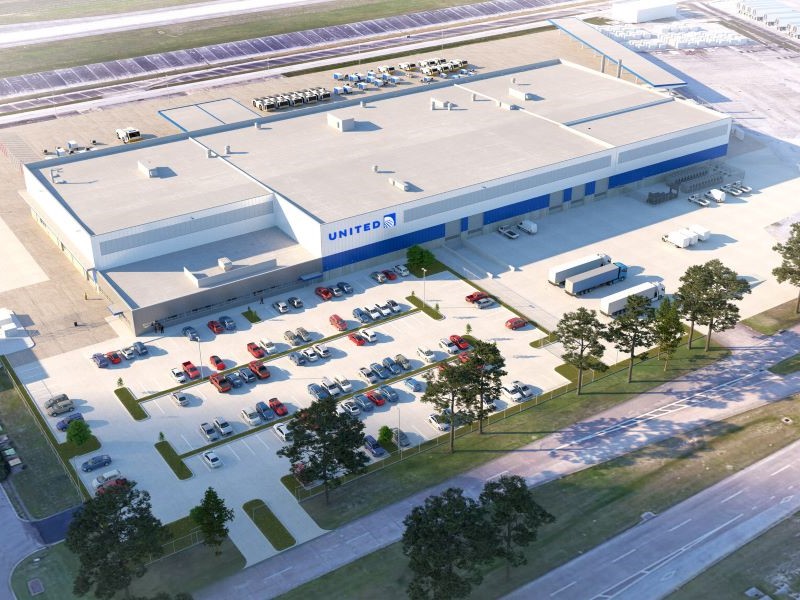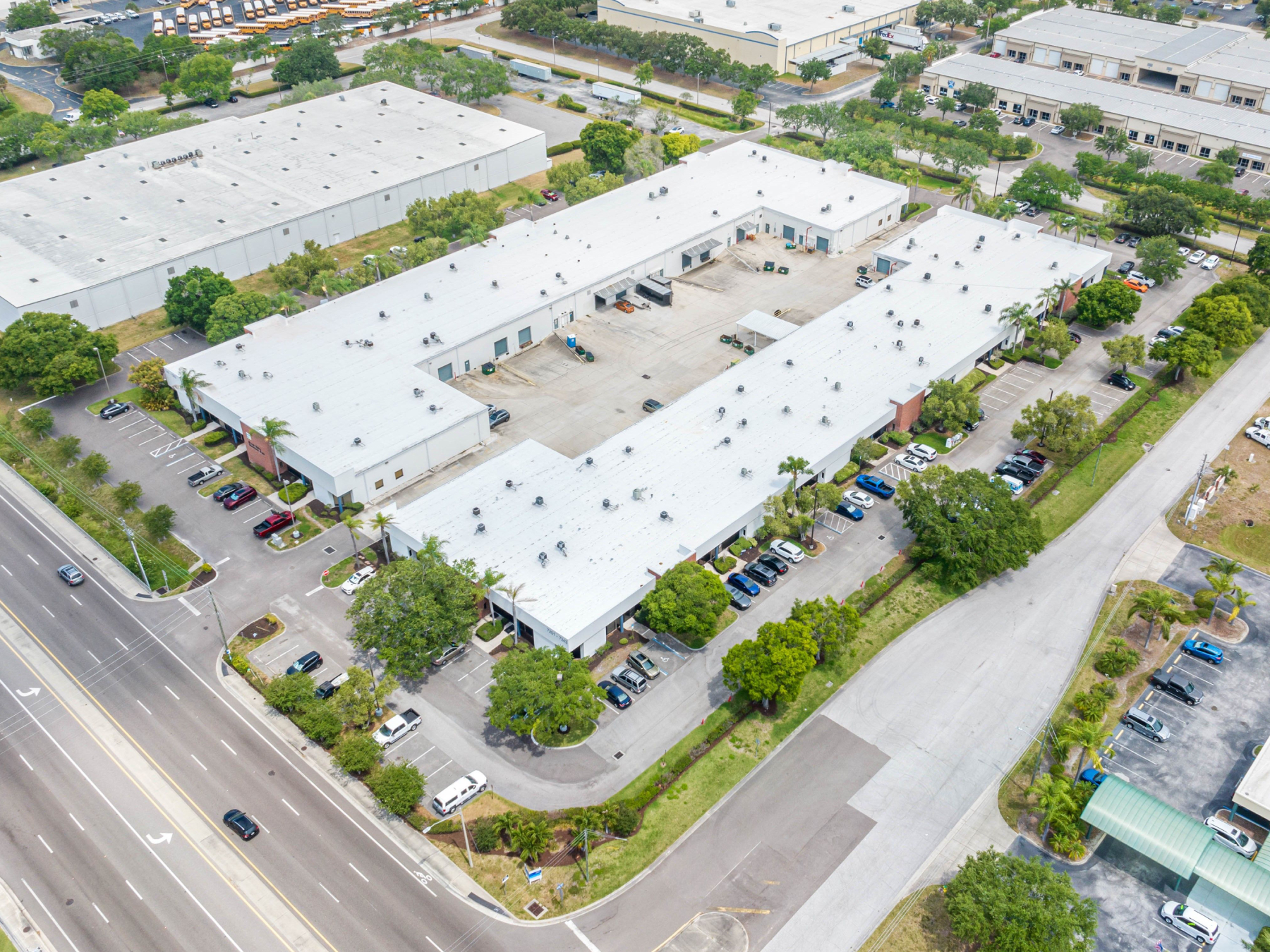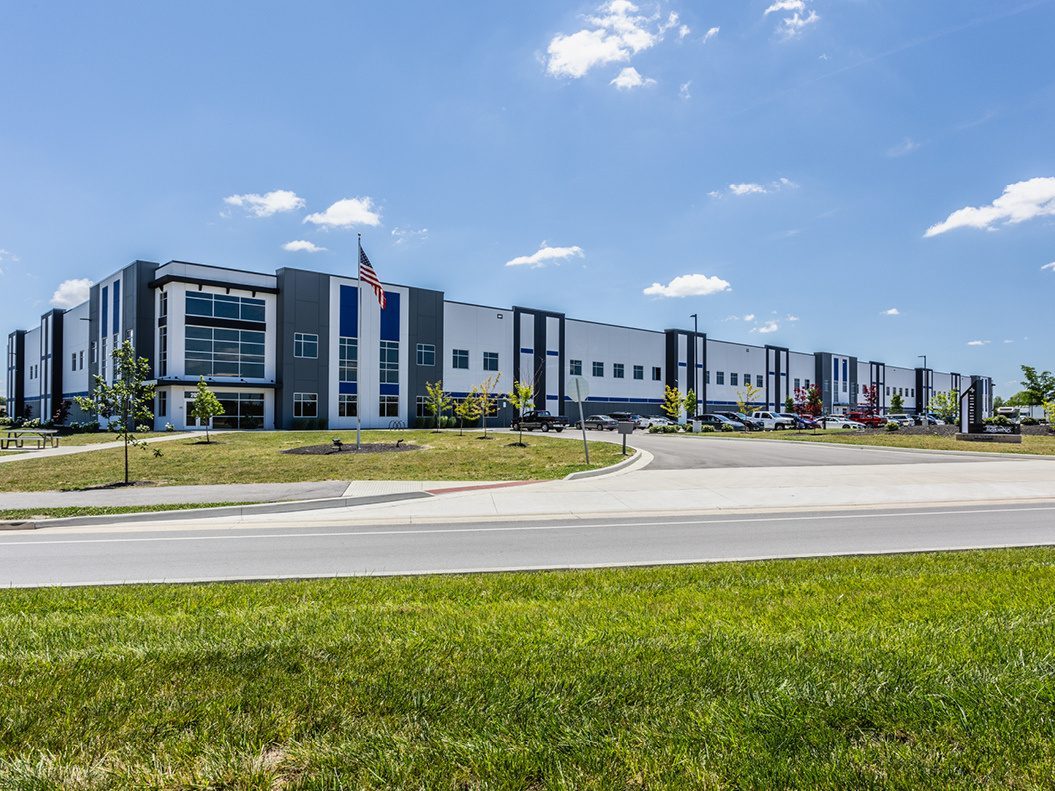Top Destinations for Corporate Relocations
CPE identified eight metros that are the biggest draws for company headquarters. Here’s where, how and why.
As companies navigate constantly evolving economic environments and seek new opportunities, the leading destinations for corporate relocations are becoming increasingly evident.
Factors such as talent availability, cost considerations and quality of life are driving businesses to favor new locations that offer a competitive edge. Employee-related aspects, including rising wages and high turnover due to intense talent competition, also heavily influence relocation decisions. Additionally, shifting migration patterns and tight labor markets are pushing companies to explore new, previously overlooked markets.
"Amidst economic changes, companies are prioritizing cost reduction by hiring in lower-cost markets without compromising talent quality," Brian Allen, senior manager at CBRE Americas Consulting, told Commercial Property Executive. "They are also considering factors such as diversity, equity, inclusion, political landscape, regulatory environment and climate considerations when determining their location strategy."
Below, we've identified the states and major metros that are becoming prime destinations for corporate headquarters.
1. Texas: Dallas & Austin

Over the past few years, Texas has emerged as a top destination for both businesses and individuals due to several key advantages. The state does not impose personal or business income taxes and its franchise tax rate is significantly lower than in other states. Additionally, Texas offers affordable living and working conditions, with lower housing and corporate rent costs.
This influx of companies and talent is largely driven by relocations from high-tax states such as California, New York, Connecticut and Washington, as well as international locations such as South Korea.
Most recently, energy giant Chevron said it will move its headquarters from San Ramon, Calif., to Houston, becoming the second-largest public company based in the metro, second only to Exxon Mobil Corp. But two other large metros in the state seem to be the preferred destinations for corporate relocations.
"In Texas, Dallas and Austin were the primary winners of corporate relocations," said Marc Miller, research director at CBRE.
The U.S. Census Bureau reported that Dallas-Fort Worth saw the highest metropolitan population growth in the country in 2023, adding more than 150,000 residents for a total population of 8.1 million. This boom attracted a diverse range of businesses from many sectors, including technology, aerospace, telecommunications, real estate and manufacturing.
Kelly-Moore Paints moved its headquarters from Northern California to Irving, Texas, last year, following the relocation of its manufacturing operations to Hurst, Texas, in 2017. Similarly, Thermomix revealed plans to move its corporate headquarters from Thousand Oaks, Calif., to Dallas by the end of the year, creating 30 to 40 positions at the new head office and onboarding hundreds of new independent consultants. Another example is Frontier Communications, a $6 billion fiber provider, which relocated its headquarters from Norwalk, Conn., to Dallas last fall.
READ ALSO: Getting in the Game of Right-Sizing Office Portfolios
Austin has also become a magnet for technology companies, after significant moves by Tesla and Facebook. Due to its thriving tech talent pool, the metro is known as Silicon Hills, with the city ranking seventh in population growth, adding 50,000 new residents in 2023. In July, Elon Musk announced plans to move the headquarters of SpaceX and social media platform X from San Francisco to Austin.
CharterUP, an online charter bus-booking platform, moved its headquarters from Atlanta to Austin last year. Further cementing Austin's status as a tech hub, major technology employer Indeed recently moved into its new global co-headquarters in a 36-story high-rise, occupying 307,000 square feet.
"The headquarters relocations are happening in these areas because people want to be in Texas," remarked Brooke Armstrong, president of CBRE Advisory Services for Texas, Oklahoma, Arkansas and Louisiana. "We are a very diverse state culturally, with renowned food and entertainment offerings, outdoor activities, professional sports—and the list goes on."
2. Florida: Miami & Orlando
Meanwhile, Florida has evolved from a vacation hotspot to a thriving economic hub, boasting the second-lowest unemployment rate among the 10 largest states in the country, according to a recent press release from the Florida Council of 100, a group of more than 150 business leaders aiming to foster economic growth in the state. Initiatives such as Beyond Sunshine were rolled out to accelerate this growth by driving investments into high-value sectors across the Sunshine State’s six regional economies.
Key sectors poised for growth include finance & insurance, business services, IT & tech, cleantech, biopharma & medtech, as well as aerospace & defense. These investments are expected to add 200,000 new high-paying jobs and potentially create up to 400,000 additional jobs through economic stimulation by 2030.
"Florida has an incredible opportunity to accelerate growth and cement our place as a global leader in entrepreneurship, research, innovation and commerce," said Florida Council of 100 Chair Eric Silagy in a prepared statement.
The state's favorable business climate supports a vibrant entrepreneurial ecosystem. In 2024 alone, more than 266,000 new businesses were formed in the state. Florida also led the nation in corporate relocations in 2023 as its top-ranked educational system provides a robust talent pipeline for emerging industries, reinforcing its economic strength.
"Florida is a multi-faceted state benefiting from strong in-migration, a pro-business environment and a growing labor force. This unique mix creates an attractive live-work-play lifestyle when considering where to grow a business and raise a family," said Josh Bank, executive managing director & Florida market leader at CBRE.
READ ALSO: Quality Is the Future of Office, Says KBS Executive
Miami continues to be a primary beneficiary of pandemic-era relocations. The metro attracted numerous corporate relocations from New York and Connecticut, including Blockchain.com, FTX.US and technology firm LeverX. Software company Anaplan relocated its headquarters from San Francisco to Miami in early 2024, highlighting South Florida's growing importance as a corporate hub.
Orlando, too, has become a hotspot. France-based CMG Clean Tech is expanding to North America with its first U.S. flagship facility, Green Garden Village, in Osceola County. The company plans to invest nearly half a billion dollars in constructing a renewable energy technology manufacturing park, while creating 1,200 high-wage green technology jobs. Additionally, military company Havik chose Orlando as its new headquarters after considering other states.
Smaller metros such as Fort Lauderdale and Delray Beach are also attracting significant corporate interest. Delray Beach, for example, has quickly become a magnet for corporate relocations, landing nearly 140,000 square feet in leases for three headquarters and new-to-market brands. Among these is DigitalBridge, one of the world’s largest digital infrastructure investment firms, as well as Vertical Bridge, the largest private owner and operator of communications infrastructure in the U.S.
3. Colorado: Denver

Colorado, Tennessee and Georgia are also seeing strong population growth, expanding economies and robust educational institutions, according to Allen. These states are attractive for their high quality of life, lower cost of living, reduced traffic and unique cultural offerings, making them key destinations for migrating talent.
Denver, in particular, has been drawing companies from the health-care and utilities sectors. Known for its health-conscious culture, Colorado is home to many health-focused food companies, making it an ideal location for healthtech startups.
Virta Health, a telehealth platform that helps treat type 2 diabetes without medication or surgery, relocated its headquarters from San Francisco to Denver last year. The new office hosts Virta's engineers, researchers, sales and account managers, coaches and clinicians.
Also last year, Redaptive, an energy-as-a-service provider, moved its corporate headquarters from San Francisco to downtown Denver at the Tabor Center located at 1200 17th St. The company plans to focus all future hires on candidates in the Denver region, a move that's set to support the management and expansion of its portfolio—which spans more than 3,000 sites and approximately 200 million square feet of commercial and industrial facilities in 47 states, including 46 projects in Colorado.
In another cross-state move, venue developer Oak View Group relocated its headquarters from Los Angeles to Denver last year. Colorado's Economic Development Commission awarded the firm $5.3 million in job growth tax credits, swaying its decision to choose Denver over Texas.
4. Georgia: Atlanta
Georgia’s favorable business environment, coupled with incentives and strategic location, highlights its status as a prime destination for companies and talent. The state’s diverse culture and economic growth provide a robust foundation for businesses to thrive, paving the way for corporate relocations.
In a move from Chicago, the U.S. Soccer Federation recently chose metro Atlanta for its new headquarters and national training center. The facility is expected to accelerate soccer growth in the U.S. and serve all 27 of U.S. Soccer’s national men’s and women’s teams. It will also provide development opportunities for young players and training for referees. Atlanta is one of the 16 host cities for the 2026 FIFA World Cup.
Meanwhile, Hai Robotics, known for its automated storage and retrieval systems, relocated its Americas headquarters from California to Norcross, Ga., just outside Atlanta, in June. Blaze Pizza also moved its headquarters from Pasadena, Calif., to Atlanta as part of its growth strategy. Founded in 2011, Blaze Pizza has more than 300 restaurants in 39 states, with about one-third in California.
Atlanta also welcomed another Fortune 500 company in 2023, when global insurance provider Assurant officially moved its headquarters from New York to Cobb County. Today, 17 out of Georgia’s 19 Fortune 500 companies are based in the Atlanta area.
5. Tennessee: Nashville & Knoxville
Nearly 500 health-care companies operate in Nashville, making it the largest industry in the region and the area's biggest employer, adding more than 150,000 jobs annually. In April, Oracle announced plans to move its world headquarters from Austin to Nashville, aiming to be closer to this health-care hub. Oracle's recent $28 billion acquisition of Cerner reflects its health-care push, with the corporate relocation expected to create 8,500 jobs over the next decade. Both Nashville and Austin will serve as U.S. headquarters, driven by Nashville's health-care industry and employee interest.
Similarly, health-care executive search firm Alder Bowman relocated its headquarters from Chicago to Nashville last spring, settling on Church Street.
Meanwhile, metro Knoxville is attracting companies with its low cost of doing business, skilled workforce and excellent transportation connections. Last year, Smith & Wesson moved its headquarters to Maryville, Tenn. The 169-year-old weapons manufacturer relocated 750 jobs, supported by local tax abatements and incentives.
Additionally, a joint venture comprising DeRoyal Industries, Premier Inc. and 34 Premier member health systems is set to establish a headquarters and health-care products manufacturing facility in Powell, Tenn., investing $10.3 million and creating 26 new jobs.
Earlier this year, Type One Energy Group moved its headquarters from Madison, Wis., to Knoxville and expanded its research & development center in Clinton, Tenn. The company, supported by $223 million in state funding, plans to build a fusion prototype machine at a Tennessee Valley Authority plant. Type One Energy, spun out from the University of Wisconsin–Madison in 2019, has received funding from Bill Gates’ Breakthrough Energy Ventures and was selected for the U.S. Department of Energy's Milestone-based Fusion Development Program.







You must be logged in to post a comment.